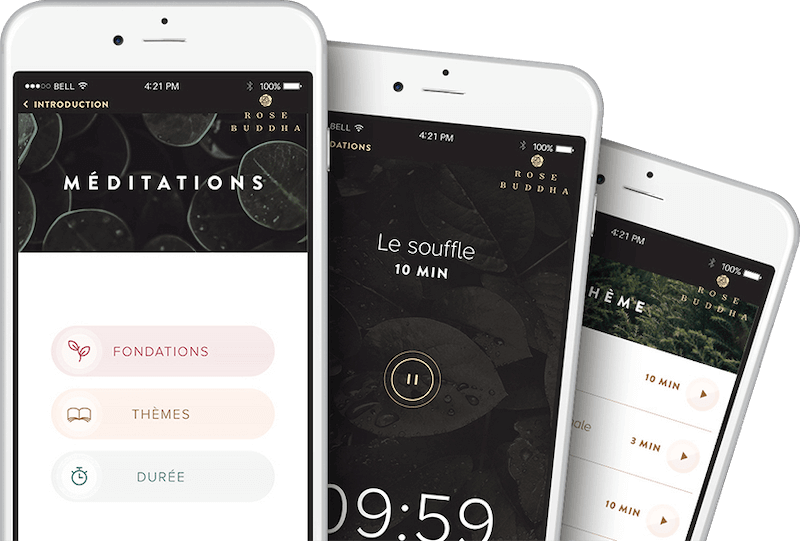Shinrin-yoku, or Why You Feel Wonderful in the Forest
The wind upon your face, the sound of your footsteps, rustling leaves or fluttering birds, the different smells of moss, wood, earth, and the green and brown hues that soothe the eyes and soften the light.
Have you ever noticed how when you enter a forest, your shoulders drop and your jaw releases as your breath begins to deepen?
All this happens unconsciously, since the forest provides a true refuge. It’s a call for all oxygen deprived city-dwellers to rejuvenate. In leaving behind the commotion of the city, social media, and technology, and immersing ourselves in nature, we get back in touch with what’s essential: our lives.
Herein lies the heart of shinrin-yoku, or forest bathing. Though truly simple, the therapy is indispensable, and to be practiced as often possible, that we may take a step back from the stress of urban life and make the most of the many benefits of trees, animals, wind, and the earth beneath our feet.
What is “shinrin-yoku”
In Japanese, the word “shinrin” means forest and “yoku” means bath. Therefore, the term refers simply to the art of taking a bath in the forest.
These forest baths offer countless benefits to both our physical and mental health. The concept has been the main research subject of studies that Dr. Qing Li has been conducting in Japan since 1982.
While the theory is oversimplified, it remains essential: an increasing number of health problems and illnesses are associated with stress. The principle of Shinrin-Yoku, which consists of simply getting back in touch with nature, brings rapid relief of several symptoms.
Among its effects is the almost immediate reduction of cortisol (stress hormone) levels in the blood. Some research also shows that depressive symptoms may decrease in nature.
A Good Dose of Phytoncides
Phytoncides are molecules that are excreted by trees. They serve as trees’ defence against bacteria and other harmful fungicides. The Russian biologist (Boris Petrovich Tokin) who made this discovery also put forth the idea that phytoncides and phytohormones allow trees to “communicate” with one another.
If you have a cold or are feeling congested, one of the first tricks natural health enthusiasts will suggest is to go for a walk in the woods.
By simply standing in the forest, we are able to inhale these molecules, assisting in the reduction of cortisol levels and lowering blood pressure.
Benefits
In addition to reducing anxiety, stress, and symptoms of depression, some research confirms that forest bathing:
- Lowers blood sugar levels
- Improves concentration and memory
- Increases circulation and therefore, energy
- Strengthens the immune system
How do I do it?
You need only take a slow stroll in the woods or a natural setting and connect with the environment through all your senses. There’s no need to think too much about the right way to do it. Just relax and let yourself be guided by the feeling of well-being that takes over your body and your felt experience.
Turn off all technology (cell phones, cameras), as well as any possible source of distraction, with the goal being to disconnect from city life and connect to another reality.
Take the time to examine the moss on the rocks, discover the different varieties of mushrooms that you pass, listen to the sound of the brook, touch the trees, the stones… Take your time.
Conclusion
The practice of shinrin-yoku is simple, inexpensive and effective. It is starting to become popular in North America, where we are all seeking solutions to reduce our stress and anxiety.

Learn More
Lecture: Dr. Qing Li: Shinrin Yoku, The Art and Science of Forest Bathing
In Quebec: The organisation Shinrin-Yoku Québec organises outings to forests.
http://www.shinrin-yoku-quebec.org/




